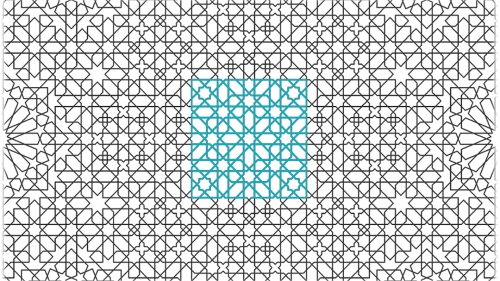Effects of Fasting while Pregnant

Hundreds of millions of Muslims around the world will be fasting as the Islamic holy month of Ramadan starts. About 75 percent of all Muslim pregnancies overlap with Ramadan in any given year, suggesting that more than one billion Muslims living today were potentially exposed to their mother’s fasting in utero.
Fasting during Ramadan involves abstinence from eating and drinking, among other behaviors, between sunrise and sunset for 29 to 30 days. Although Islamic law exempts pregnant women from fasting, there is evidence that a majority of pregnant Muslim women fast during some part of Ramadan.
In research published in the Journal of Development Economics in 2015, I utilized the timing of Ramadan with respect to timing of pregnancies to compute the long-term effects of nutritional disruptions in utero due to fasting on children’s cognition and on the labor force. Using a rich dataset from Indonesia, the largest Muslim-majority country in the world, I found that Indonesian children exposed to Ramadan in utero scored 7-8 percent lower on test scores. As adults (15-65 years old), the exposed children worked 4.7 percent fewer hours per week and were more likely to be in a less skill-intensive sector.
In a follow-up working paper with Jere Behrman at the University of Pennsylvania and Subha Mani at Fordham University, we look at the distributional effects of Ramadan exposure in utero and find that the negative effects identified earlier disproportionately affect those in the lower quantiles of the outcome distributions, making the poor poorer.
These findings highlight the critical importance of improving the fetal environment during pregnancy, not just to improve the mother’s well-being, but to improve cognition, labor supply and income of the future generation as well.
There are important policy implications of this work. In contrast to studies that utilize rare and extreme events, such as the 1944 Dutch famine, to study the long-term effects of fetal nutrition, our study identifies the effects on children of mild behavioral choices made during pregnancy — choices that are more under the control of decision-makers such as mothers than those presented by events over which one has little power, such as a widespread famine. And it finds that seemingly insignificant choices can have significant effects on the cognition and economic performance of the next generation. To put this in perspective, the potential population affected is more than twice the roughly 500 million directly affected by the 1918 influenza pandemic and much larger than the roughly 5 million directly affected by the 1944 Dutch famine—two events often used to study the long-term effects of the fetal environment.
The fact that fetal nutrition has long-term effects on economic outcomes suggests that returns on investments in the fetal nutritional environment may be much larger than previously believed. Programs that provide improved access to quality reproductive health services, particularly for the poor, should be prioritized.
Pregnant women who plan to fast for the rest of Ramadan should try to pay serious attention to their diet and consumption patterns during this month and consult and visit their doctors regularly. Although fasting is a very personal decision, I hope these findings will help mothers, and expectant families, make more informed choices this Ramadan. The choice to fast during pregnancy may not only affect them, but also limit their children’s economic well-being over their lifetime.
Farhan Majid, Ph.D., is the L.E. and Virginia Simmons Fellow in Health and Technology Policy at Rice University's Baker Institute for Public Policy.





























